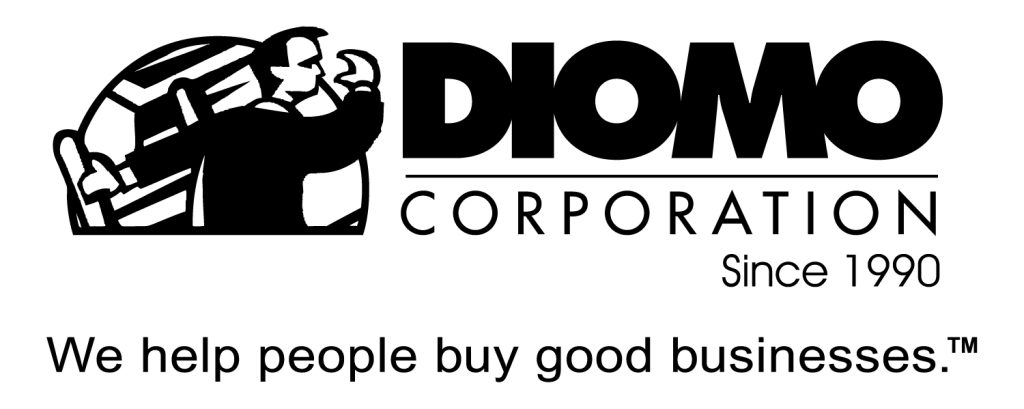This has been a very eventful few weeks in the business for sale industry. There are two specific matters which arose which all stakeholders need to be aware of that have developed recently. First,
one of the major players involved in converting retirement plans into funding for a business purchase has temporarily abandoned the space.
Second, the
SBA has once again modified its deal criteria for funding 7(a) loans which is the category under which business purchases are financed.
Rollovers May Roll Off The Map
Insofar as the 401(k) conversion business, this moratorium seems to have only impacted one major firm, at least publicly. Having read the press release that the company offered, I took the time to call them to get an update. It was really much of the same lip service that was in print so not much was learned. I tried to get more details, but I am not sure if this was simply public relations twist disguising their complete exit from the business, or it is in fact “temporary” as they suggested. Either way, it is a very telling sign. This matter was brought to my attention by one of our clients who is also a business broker, and I appreciate you letting us know.
Interestingly enough, the other major players in this sector seem to be in a “business as usual” mode so I am not really sure what is happening.
This all stems from some IRS rulings regarding the way in which some of the third-party promoters of the program have operated and in all fairness to the company that has temporarily shelved this program, they have stated that even the hint of any wrongdoing was enough for them to investigate the matter further.
For that, I certainly do applaud their initiative.
I must admit that I have always been skeptical of these plans and in prior columns as well as in our “how to” business-buying guides, I have repeatedly stated the need for any buyer considering this strategy to seek out competent, unbiased third-party professional advice. My trepidation was heightened when I began to get spam emails on the subject from what appeared to be less than reputable individuals. These folks aside, the major players in the field certainly did seem cognizant of providing thorough answers to inquiries along with professional advisors on the subject matter. In time, we shall soon know the “rest of the story” as the late Paul Harvey would say, and so, it is a matter of staying tuned. In the interim, if you are looking to use your retirement plan to fund a business purchase, you must be especially diligent about doing so. Similarly, I, and this column’s readers would greatly appreciate any feedback from anyone on the subject and especially from any principals whose firms specialize in this business.
Is It The End Of The Road For SBA Financing?
The second “bomb” came last week from the SBA.
They have further modified the component of any financing that can be allocated to “goodwill”.
I will save you all the details but in effect only 50% of their financing, up to a maximum of $250,000 can be allocated to intangible assets. If you have spent anytime investigating small businesses, you know well that goodwill often represents the greatest percentage of the deal breakdown. I have always called goodwill the “Oh Boy” asset because whenever I have been a buyer and the seller mentions goodwill, I always say; “oh boy, here comes the sales pitch”.
Goodwill is basically the difference between the sales price of a business and the amount that can be allocated to tangible assets.
It is, in effect, the “premium” a buyer pays for a business above and beyond hard assets. Don’t get me wrong, I have paid a lot of money for businesses over the years where goodwill was the greatest percentage of the deal, and so I am not suggesting there is no value to it. In fact,
it is usually the largest component of the value in small deals.
The issue instead is that if the SBA aborts funding goodwill, you can for all intents; kiss the SBA 7(a) program goodbye. It is a useless vehicle that will have almost zero impact on the business for sale industry.
It would not be me to avoid adding in a political twist to all of this. I would like to meet the brainchild in Washington who conceived this adjustment in SBA policy especially in light of the current market. With the billions being doled out to allegedly stimulate the economy, could there not be even one level headed individual who could have identified this new policy as a way of doing everything else but stimulating this aspect of the economy? It is just mind boggling to me. Don’t you think it’s time to put some of these boneheads on trial and make them accountable for their actions?
Ah But Yes, Some Good News Indeed…
So what does all this mean? Actually, I take these two events as more good news for buyers. While some on the selling side may see these as two more shovelfuls onto the manure pile that make it just that much more difficult to sell a business today, for buyers it is good news. Don’t get me wrong, I would love there to be a wealth of available funding options for business purchases, but we must operate in reality, not in fantasy land. As I have stated countless times in past posts, seller financing will ultimately be the only way to finance small business sales. So to brokers and sellers I say “readjust your thinking” and to buyers the advice is “press hard for more seller financing” because when you are told other buyers are looking at the deal, it will be rare indeed that they can get the funding, and we all know that all-cash buyers are on the same path as dinosaurs.

